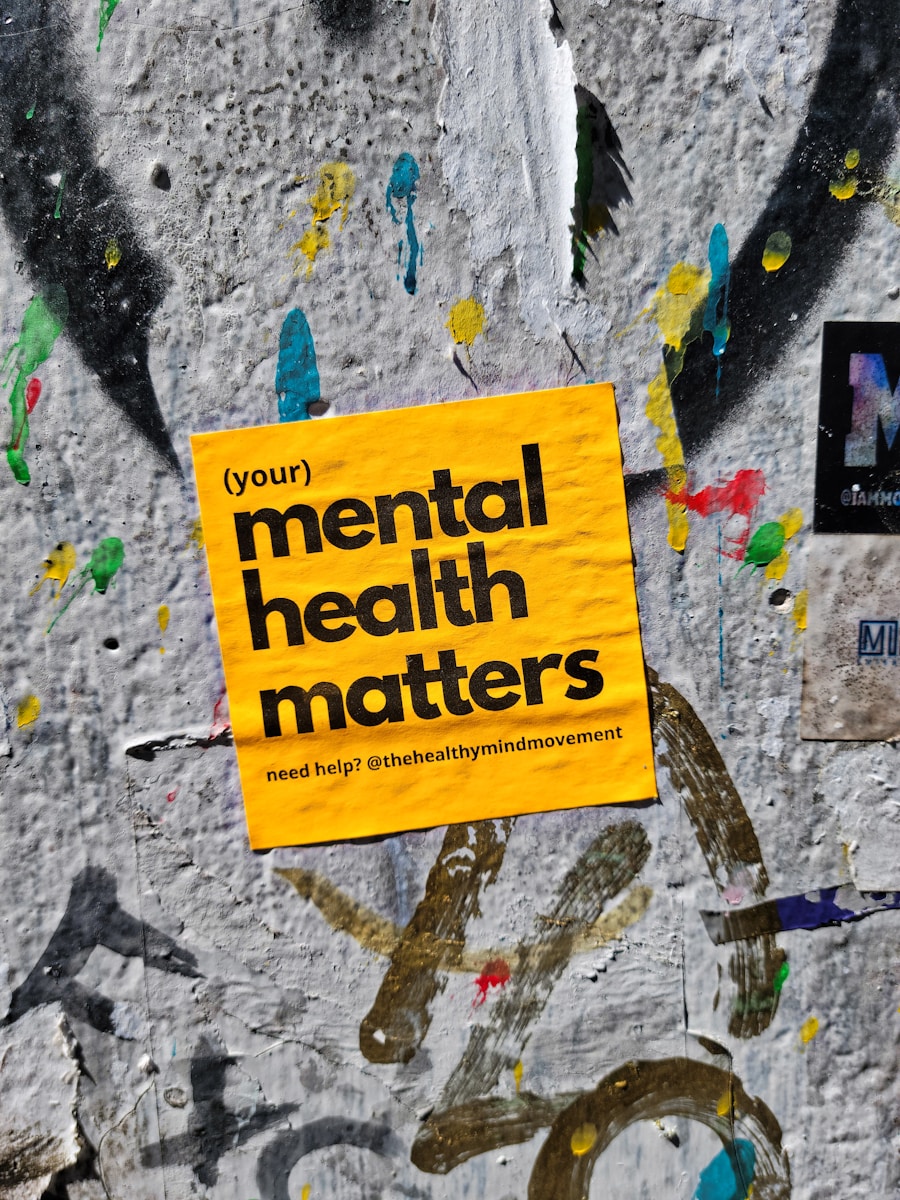
According to the World Health Organization (WHO), over 1 billion people worldwide live with mental health disorders, highlighting a global crisis that demands immediate action. From depression and anxiety to severe psychiatric conditions, mental health issues affect every region, age group, and socioeconomic background. WHO urges governments, communities, and healthcare systems to take urgent steps to improve access to care, reduce stigma, and provide sustainable support networks.
Global Mental Health statistics reveal the enormity of the challenge. Depression alone affects over 280 million people, while anxiety disorders impact more than 260 million. These numbers do not capture undiagnosed cases, which likely increase the total substantially. The prevalence underscores the urgent need for expanded mental health services and global policy interventions. For related strategies, see this internal resource.
Young people are particularly vulnerable. WHO data show that half of all mental health conditions start by age 14, yet many children and adolescents never receive the support they need. Global Mental Health initiatives must prioritize schools, youth programs, and early intervention strategies to prevent long-term impacts on education, employment, and overall well being. Learn more about youth-focused mental health programs here.
Stigma remains a major barrier to care. Many individuals suffering from mental health disorders avoid seeking help due to fear of judgment or discrimination. Global Mental Health campaigns emphasize awareness, education, and community-based programs to normalize mental health discussions and encourage help-seeking behaviors. Reducing stigma is critical to unlocking access to treatment and improving outcomes for millions worldwide.
Effective policies are essential to address Global Mental Health challenges. WHO calls on governments to integrate mental health into national health strategies, allocate sufficient budgets, and ensure equitable access to services. Policy reforms can also include mental health education, workplace programs, and legal protections for those affected. Countries that prioritize mental health policy show measurable improvements in both treatment rates and societal well being.
Global Mental Health is especially critical in regions affected by conflict, natural disasters, and displacement. Millions of people experience trauma, depression, and anxiety in these contexts, often with minimal access to care. Humanitarian organizations and governments must work together to provide psycho social support, mobile clinics, and community-based interventions. For strategies in crisis mental health care, see this UNHCR resource.
Community involvement is a cornerstone of sustainable Global Mental Health care. Peer support groups, community awareness campaigns, and local counseling programs help reduce stigma and provide culturally relevant care. Such approaches empower individuals to seek help early and create networks that sustain long-term mental health improvements.
Effective policies are essential to address Global Mental Health challenges. WHO calls on governments to integrate mental health into national health strategies, allocate sufficient budgets, and ensure equitable access to services. Policy reforms can also include mental health education, workplace programs, and legal protections for those affected. Countries that prioritize mental health policy show measurable improvements in both treatment rates and societal wellbeing.
Global Mental Health is especially critical in regions affected by conflict, natural disasters, and displacement. Millions of people experience trauma, depression, and anxiety in these contexts, often with minimal access to care. Humanitarian organizations and governments must work together to provide psychosomatic support, mobile clinics, and community-based interventions. For strategies in crisis mental health care, see this UNHCR resource.
Community involvement is a cornerstone of sustainable Global Mental Health care. Peer support groups, community awareness campaigns, and local counseling programs help reduce stigma and provide culturally relevant care. Such approaches empower individuals to seek help early and create networks that sustain long-term mental health improvements.
The future of Global Mental Health depends on coordinated action at multiple levels. Governments, NGOs, healthcare providers, and communities must collaborate to expand access, train professionals, and integrate mental health into overall health systems. Investment in prevention, early intervention, and culturally sensitive care will be critical to reduce the global burden of mental health disorders.
The WHO’s report underscores a stark reality: over 1 billion people worldwide live with mental health disorders, yet access to care remains limited. Global Mental Health requires immediate action from policy reform and community programs to digital solutions and global advocacy. By prioritizing mental health now, the world can reduce suffering, improve productivity, and create resilient societies that support the well being of millions.